A monkey’s business: Animal rights and the law
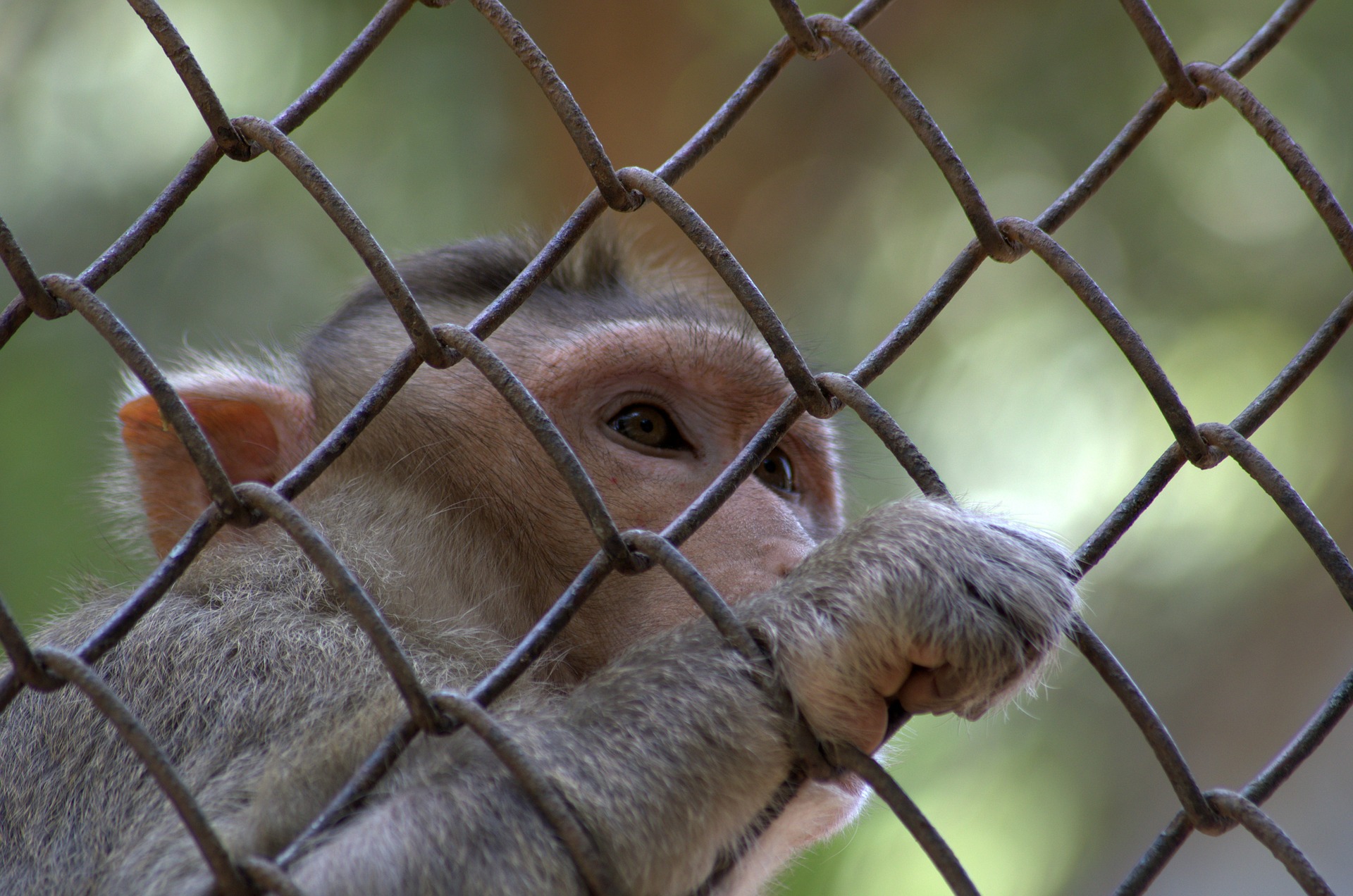
The right to ownership of a curious monkey’s selfie has highlighted key questions around animal rights and the law, demonstrating a need to rethink recognition of animal rights
Published 3 November 2015
When British nature photographer David Slater took his camera and tripod into the jungles of Sulawesi in 2011 to capture images of the resident primates he would not have predicted what would ensue.
After setting up his tripod and camera, Slater left his camera unattended and waited patiently for the macaque monkeys and the perfect shot. It came in the form of Naruto, a six-year-old resident of the Indonesian island reserve.
The crested primate looked into the camera lens and, in a case of monkey see, monkey do, Naruto emulated his so-called advanced relatives and took a “selfie”. The photos became an online sensation and were shared widely by outlets, including Wikipedia, which contended that no one owns the copyright to the images because they were taken by an animal, not a person.
Four years later animal-rights group People for the Ethical Treatment of Animals (PETA) filed a lawsuit in a US Federal Court in San Francisco against the owner of the camera, photographer David Slater and his company Wildlife Personalities Ltd., which both claim ownership of the photos Naruto took.
PETA claims Naruto should be the copyright owner of the photo. While the lawsuit appears novel, it forms part of an international effort to have animals recognised as legal beings, not just possessions or things.
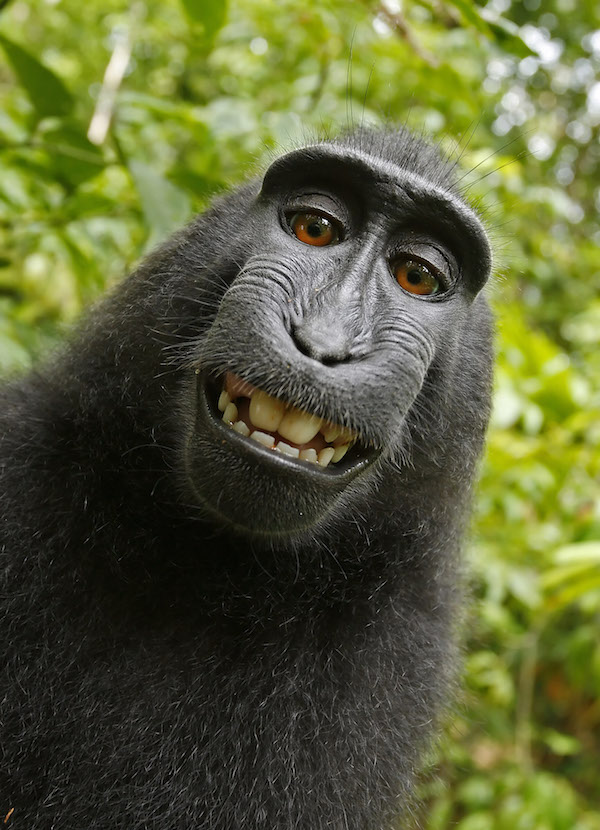
Melbourne Law School alumna and Legal Counsel for Animals Australia Shatha Hamade says the laws governing our relationship with and treatment of animals are, by design, modelled around human benefit.
This makes it very difficult to challenge these laws and requires extraordinary circumstances to arise, such as the PETA case.
“It also requires extraordinarily complex and strategic thinking – as we are seeing with the efforts of Steven Wise and the Nonhuman Rights Project,” she says.
In the United States, Professor Wise heads the Nonhuman Rights Project, which declares it “is the only civil rights organisation in the United States working to achieve actual legal rights for members of species other than our own”.
The Project’s mission is to change the legal status of appropriate nonhuman animals to possess the legal rights of “persons” who possess such fundamental rights as bodily integrity and bodily liberty.
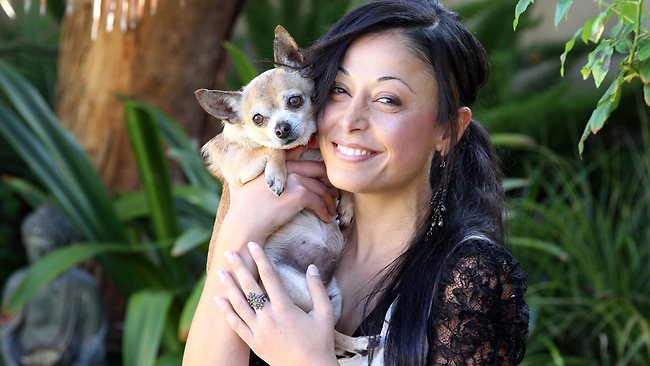
In Australia, the concept of animal law is not new. Animal protection laws exist in all states and territories, such as the Animal Welfare Act 1985 (SA) or the Prevention of Cruelty to Animals Act 1986 (Vic).
Ms Hamade says in each state’s animal welfare legislation there’s an “exception” clause that exempts specific animals from being protected under that legislation.
“This exemption says that the Act covers all animals in that you cannot be cruel to them and you must not allow them to suffer harm. This includes the way they are fed and nourished, exercised, housed and provided veterinary care, and goes as far as prohibiting a person from causing an animal to feel pain, suffering or distress,” Ms Hamade says.
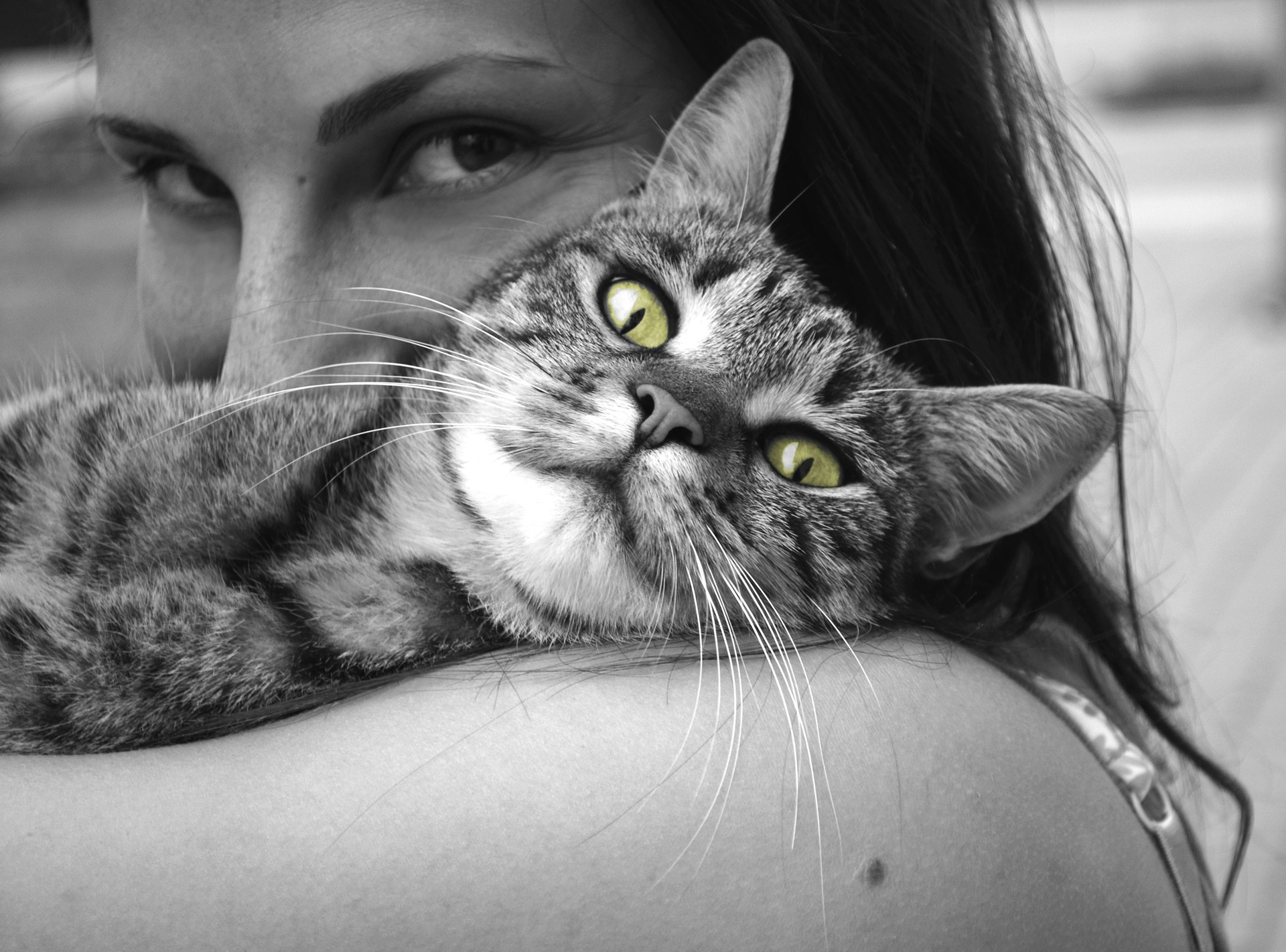
“But it exempts animals that are used in production or entertainment or research and teaching. So what this effectively means is that animals are protected or not protected according to their ‘use’ to their owner. Domestic animals, being pets, are covered under the Acts, but any animal that is used for another purpose – that is, farming, sport, hunting, research – does not enjoy such protection under these Acts.”
Ms Hamade says the individual Acts instead bring them under Model Codes of Practice, which are like guidelines and are set by industry for industry.
“That is why factory farmers are permitted to literally cram animals into cages and sheds and deny them any ability to exercise their natural behaviours or see the outside world,’’ she says.
So long as those animals have food, shelter and water, that is pretty much what all these codes require. That is why factory farming is rife – it is basically legalised cruelty.
As the legal rights of animals gains traction, so too has the consumer’s desire to know where their food is coming from and how, which is countering the industrialisation of animals and factory farming.
The live export industry was blown open recently by media reports showing the archaic practices of slaughterhouses in Indonesia where cattle were filmed being brutally slain. The community outrage saw the live export market briefly halted until guarantees of better practices could be secured. These guarantees now make the exporters responsible for the animal’s welfare, until it takes its last breath on the approved slaughter floor overseas.
Ms Hamade says changing the way a society treats their animals is about education and communication, in order to transcend this inherited thinking when it comes to animals of how we view and treat them.
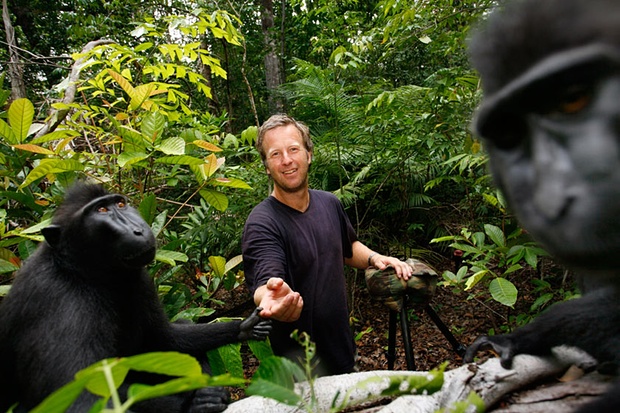
“The laws have basically enshrined this conflicting relationship we have with animals. So much so, that if you bring a dog into your home, then this dog is afforded maximum legal protection. But if this same dog was instead used as a breeding dog in a puppy factory in order to breed puppies for sale, then this dog loses her protection under the Act because she becomes a ‘production animal’,” Ms Hamade says.
If the PETA lawsuit advocating for Naruto’s right to copyright ownership of the selfie succeeds, it will set a legal precedent as the first time a nonhuman animal is granted ownership of property – in this case, the copyright of the selfie.
“It will certainly be an important step forward in recognising the intrinsic value of non-human animals in a way that extends beyond their value to the humans that own them,” Ms Hamade says.
It will also be the first time that a right is extended to a nonhuman animal beyond the basic necessities of food, water and shelter.
Banner image: Pixabay